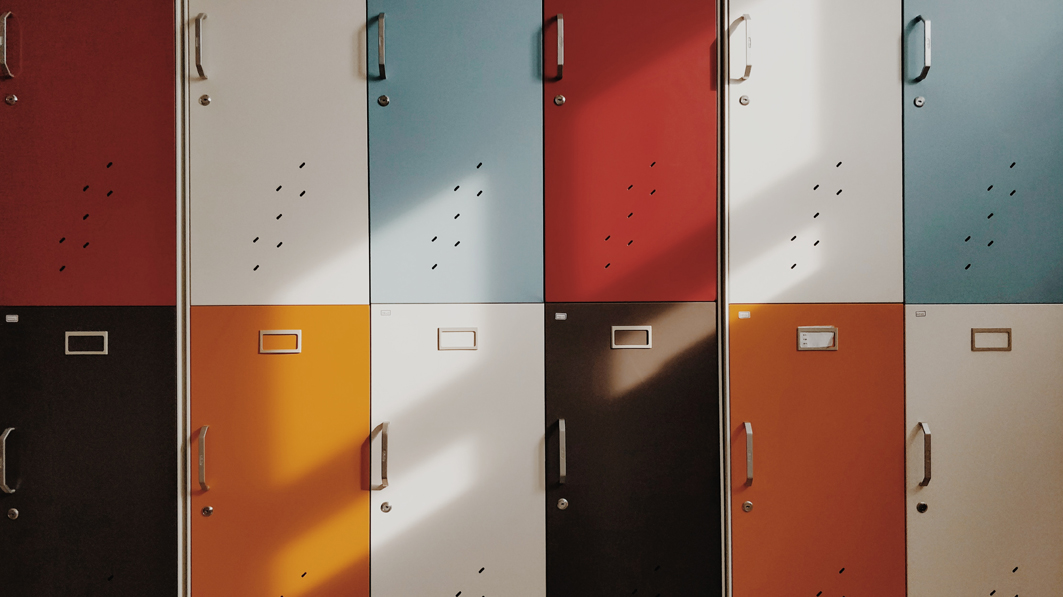In this culture, almost anything related to Christianity can be deemed “offensive.” According to an attorney for the Kentucky public school board, the use of a student “prayer locker” is the latest to come under attack because the locker supposedly “violates the first amendment.”
It doesn’t seem like a “prayer locker” in a school hallway poses much threat to the separation of church and state. After all, it’s entirely voluntary to use and for some students this could be a lifeline in a moment of crisis.
The locker is for any student, teacher or staff member who feels like they need prayer for themselves or someone else. Usually, there is a pad of paper and a pen outside the locker for people to write their request on and then slip it into the locker. Students then pray over those requests. At least one of the lockers is sponsored by the Fellowship of Christian Athletes. Students are now being forced to take them down.
Emily Chaney, a student who ran one of the local lockers at the school, posted on Facebook that although she can no longer run the locker, she is still accepting prayer requests.
“I wanted to let everyone know that being the keeper of this prayer locker has been the biggest blessing to me,” Chaney wrote. “My church and I have prayed for every need that was placed in this locker. However, after tomorrow, there will be some changes to the way I collect people’s prayer needs. After tomorrow, prayer needs will need to be given to me personally rather than in the locker. To make things easier, the first 5 minutes of break I will be in the cafeteria and can take any prayer request cards that you may have. Thank you to everyone who has trusted me with your prayer needs, and please continue to bring those needs to me personally. I love everyone and will keep praying because that is my religious freedom!
The lawyers in this case have successfully convinced the school board that it is “likely a violation of the Establishment Clause of the First Amendment” because the locker is technically school property. Of course, the problem has nothing to do with religion and everything to do with Christianity.
If the locker had asked for prayer requests in the name of the Wiccan Moon Goddess, Shiva or Buddha, then perhaps it would’ve been a bit more acceptable to the lawyers who seem to take great pride in trying to remove Christianity from every facet of American life.
The idea that there is some type of inherent threat when a student uses his or her locker as an avenue to share their faith and to invite their classmates to share their prayer requests is a bit ridiculous. No one was forced to participate and there is no requirement that those who put in a request are Christian or even religious. It is there for students who maybe feel that moment of panic as they go in for a big test and want some spiritual support. The requests could vary from simple things, like passing a test, to larger issues like relationships, family crises or even an unplanned pregnancy.
For most people, there is something inherently comforting about the idea of an anonymous place where, in confidence, individuals can share their fear and anxiety with someone who will hear them and pray over them without judgement in the name of God.
That will be lost now since the requests must be delivered personally, which is a shame, but it will not stop people from praying. Like Chaney wrote, she will continue to accept prayer requests and lift up those in her school. While this may stop the use of “prayer lockers,” the ministry of prayer in Kentucky schools will continue.






